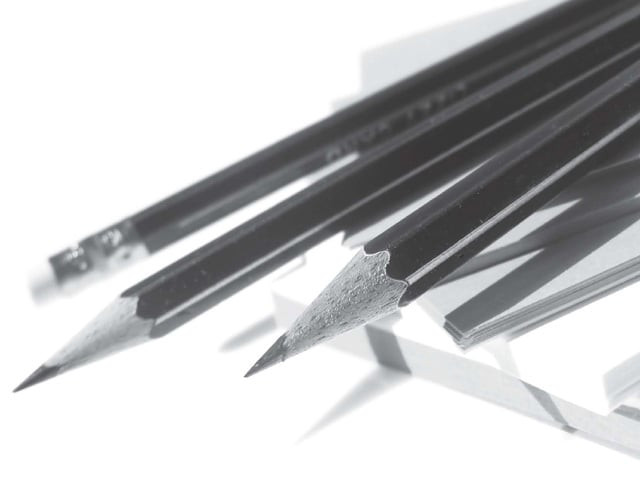Education for All: The govt and civil society join hands to ensure that no child gets left behind
Though an amendment to the constitution had been made in 2010, there is still a long way to go.

“I am very hopeful that the secretary of education will recruit an additional secretary to coordinate the efforts to advocate the Right to Education Act,” said EDO Muhamad Sajan Mallah. The official from the education department and representatives from civil society will meet next week to work on a proposal for a piece of legislation pertaining to free and compulsory education in Sindh.
Through Article 25 A of the 18th Amendment in 2010, the government of Pakistan included the right to free and compulsory education for all children between the ages of five and sixteen in the constitution. However, this is just the first step. “For Sindh to implement the Right to Education, a law needs to be drafted which will then have to be presented to the parliament,” said Amima Sayeed, the general secretary of a coalition of over 200 NGOs which aim to improve the education sector.
Before the introduction of Article 25 to the constitution, the provision of free and compulsory secondary education was a part of the ‘Principles of Policy’ under Article 37 B. However the state was only obliged to provide free education if resources were available. With the amendment in 2010, the state is duty bound to provide free and compulsory education to all children between the age of 5 and 16 years regardless of the resources it has at its disposal.
“But in the absence of a law, the right to free and compulsory education will not be realised,” said Sayeed. Hamid Karim, a district officer of the education department, said that ‘free education’ not only encompasses tuition fee and textbooks, but also includes the cost of school uniforms, stationery, travel expenses to and from school and provision of lunch.
The participants also talked about private sector schools, which cater around 40 per cent of the country’s students. They agreed that the private schooling system should not be abolished after the implementation of the law. Sayeed was of the view that private schools should not be nationalised. “Without strengthening the backbone (public sector schools) first, our government cannot take on extra weight,” she said.
Dr Sajid Ali of the Institute for Educational Development at the Aga Khan University, said that the state could follow any of the models that have been adopted by other countries. “An example would be the student voucher system in the United States, in which the minimum required expenses for education are the responsibility of the state. However, nobody is stopped from spending more than this amount if they please,” he said. Huma Imran Khan of the Indus Resource Centre added that her organisation had calculated that the minimum expenditure on a student studying at the primary or middle level amounts to around Rs6,000 per year.
The participants of the discussion agreed that the current system will have to be revamped, not only to provide infrastructural access for education, but also in terms of the appointment and development of teachers. “At present, primary schools run with two teachers responsible for five classes,” said Muhamamd Ali Rasheed of Shehri-CBE.
The participants recognised that the government faces resource constraints and suggested that implementation of the law be done in phases. They also stressed the need for innovative financial solutions to fund free education.
Published in The Express Tribune, December 15th, 2011.


















COMMENTS
Comments are moderated and generally will be posted if they are on-topic and not abusive.
For more information, please see our Comments FAQ